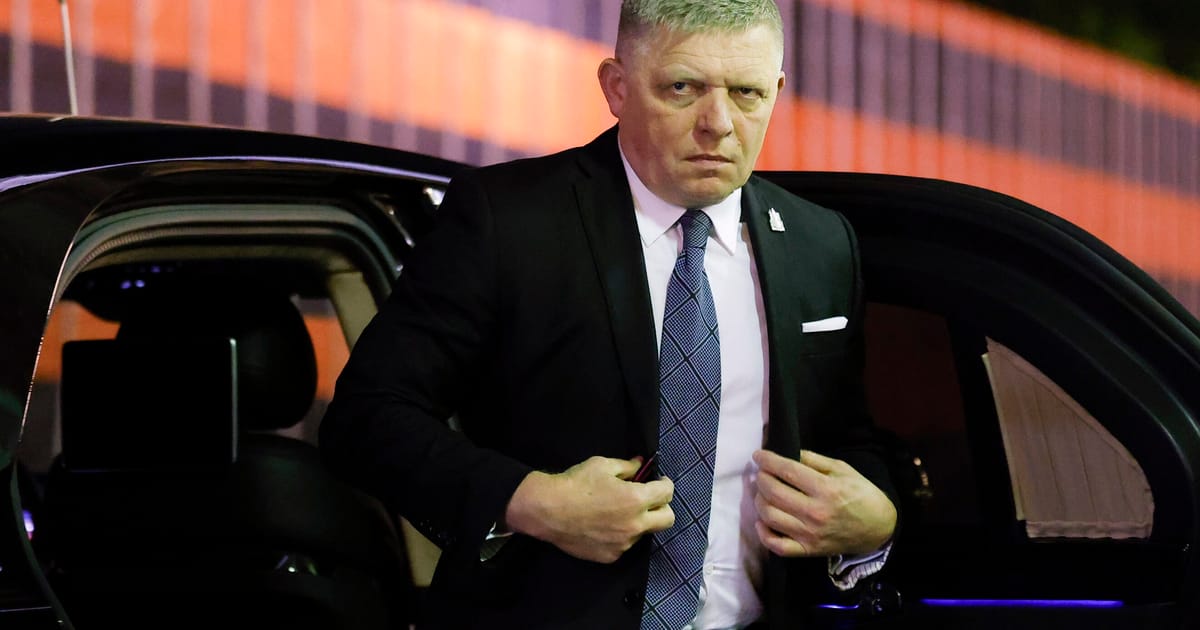

In a world of interconnected political and humanitarian challenges, recent events highlight ongoing efforts and negotiations aimed at addressing critical issues. Each of these stories offers a glimpse into the complex landscape of global affairs, where judicial decisions, diplomatic strategies, and humanitarian endeavors intersect.
In the heart of Europe, Slovakia has taken a firm stance by temporarily blocking the European Union’s latest sanctions package, which seeks to halt Russian gas imports. This decision underscores Slovakia’s concerns about the potential economic impact on its own interests. Negotiations are underway, with Slovakian Prime Minister Robert Fico anticipating a resolution by the coming Tuesday. This development reflects the intricate balance nations strive for between economic stability and collective European measures aimed at addressing geopolitical tensions.
Meanwhile, in the realm of international aid, the administration of the United States is contemplating the approval of a new military assistance package to Ukraine. This move would mark a significant step following a previous pause in arms support to Kyiv. The potential provision of military aid is viewed within the broader context of ongoing efforts to bolster Ukraine’s defenses amidst its complex geopolitical situation.
On another continent, Colombia’s navy has made headlines with the seizure of a novel type of vessel—a drone-operated narco submarine. Ingenious in its design, this vessel highlights the evolving tactics in the global drug trade. Although it was found unladen, the capture of this semisubmersible marks a significant moment for Colombian authorities, demonstrating their commitment to addressing maritime narcotics trafficking with renewed vigilance.
In the Middle East, the complex dynamics between Israeli forces and Palestinian groups continue to unfold. Tragedy struck in the West Bank when a young American-Palestinian man lost his life in an altercation involving Israeli settlers. This unfortunate incident highlights the ongoing tensions that permeate the region, affecting individuals and communities alike.
The situation in Gaza remains dire, with a reported 798 individuals killed at food distribution hubs since the end of May, as stated by the UN human rights office. This startling figure underscores the humanitarian challenges faced in this region. These hubs, operated by the Gaza Humanitarian Foundation and other organizations, are crucial in providing aid despite complex geopolitical dynamics.
In a separate development, the militant group Hamas is focusing on new objectives in its ongoing campaign against Israeli military forces. Efforts to capture an Israeli soldier have intensified, as seen in a recent incident involving an attempted abduction in Khan Younis, Gaza. This highlights the persistent tensions and the strategic maneuvers undertaken in the protracted conflict.
Amidst these unfolding situations, Myanmar’s political landscape also saw a noteworthy interaction. The country’s military leader, Min Aung Hlaing, expressed his appreciation for a letter from the U.S. President threatening a 40% tariff on Myanmar’s goods. His response reflects an attempt by the Myanmar junta to leverage this diplomatic engagement to advocate for the lifting of U.S. sanctions, illustrating the strategic calculations that define international relations today.
These diverse stories collectively shed light on the nuanced and often challenging nature of global affairs, where nations navigate through shared challenges and pursue diplomatic solutions. In this interconnected world, each decision and event ripples beyond borders, prompting nations and communities to engage in thoughtful dialogue and action towards a more peaceful and prosperous future.
Source: {link}
